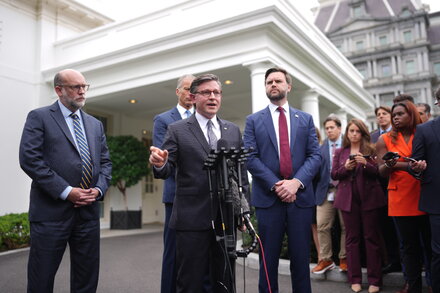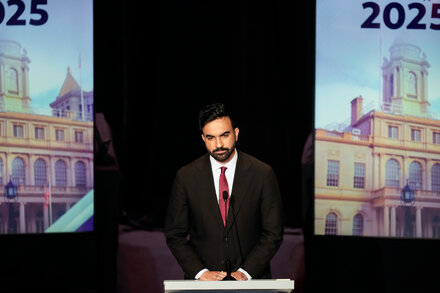The Federal Aviation Administration (FAA) has announced its intention to restore certain aircraft certification authorities to Boeing, marking a significant step in the aerospace giant’s efforts to regain trust and streamline its production processes following years of heightened scrutiny. The decision allows Boeing to self-certify specific aspects of its aircraft designs, a power that was largely curtailed after the two fatal crashes of the 737 MAX in 2018 and 2019.
Under the new arrangement, Boeing will gradually reacquire the ability to perform some of the checks and sign-offs for airworthiness, which the FAA had taken over directly to ensure maximum oversight. This move is seen as an acknowledgment by the regulatory body of the substantial changes Boeing has implemented in its safety culture, quality control systems, and manufacturing processes.
Background to Increased Scrutiny
Following the 737 MAX disasters, which killed 346 people, investigations revealed critical design flaws and a breakdown in communication between Boeing and the FAA regarding the Maneuvering Characteristics Augmentation System (MCAS). This led the FAA to significantly increase its direct oversight of Boeing’s production lines and certification processes, effectively revoking much of the company’s long-standing Organization Designation Authorization (ODA) program authority.
The ODA program allows the FAA to delegate certain tasks to private companies, which can then certify their own products under FAA supervision. The restriction on Boeing’s ODA powers was an unprecedented measure designed to ensure the highest level of independent review for the company’s aircraft.
Restored Authority and Conditions
While the exact scope of the restored authority was not fully detailed, sources indicate it pertains to specific non-critical system approvals and minor design changes, rather than a full return to pre-MAX crash levels of self-certification. The FAA emphasized that the move does not diminish its ultimate responsibility for aircraft safety but reflects a calibrated approach to oversight.
“Our decision to return some certification functions to Boeing is based on a rigorous and ongoing evaluation of their commitment to safety, quality, and compliance,” stated an FAA spokesperson. “We have seen measurable improvements in their safety management systems and their quality control processes. However, our oversight remains robust, and we will continue to monitor their performance closely.”
Boeing executives welcomed the announcement, framing it as a crucial milestone in their recovery efforts.
“This represents a significant step forward for Boeing and a testament to the hard work our teams have put in to transform our safety and quality culture,” said Dave Calhoun, Boeing’s CEO. “We are committed to maintaining the highest standards, and we view this as renewed trust built on transparency and continuous improvement, not a return to business as usual.”
Implications for Boeing and the Industry
For Boeing, the partial restoration of ODA authority could help to expedite the certification process for new aircraft models and updates, potentially reducing delays in production and delivery schedules. It also signals a gradual rebuilding of confidence in the company’s internal capabilities and integrity after years of public and regulatory pressure.
Analysts suggest that while the move is positive for Boeing, it underscores the long road ahead for the company to fully restore its reputation and operational efficiency. The FAA’s continued direct involvement in critical certification aspects ensures that public and regulatory scrutiny will persist, even as Boeing regains some autonomy.
The announcement comes as Boeing works to address ongoing production challenges and supply chain issues, with an eye toward future aircraft development and increased production rates for its existing models, including the 737 MAX family.
Source: Read the original article here.





